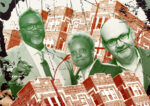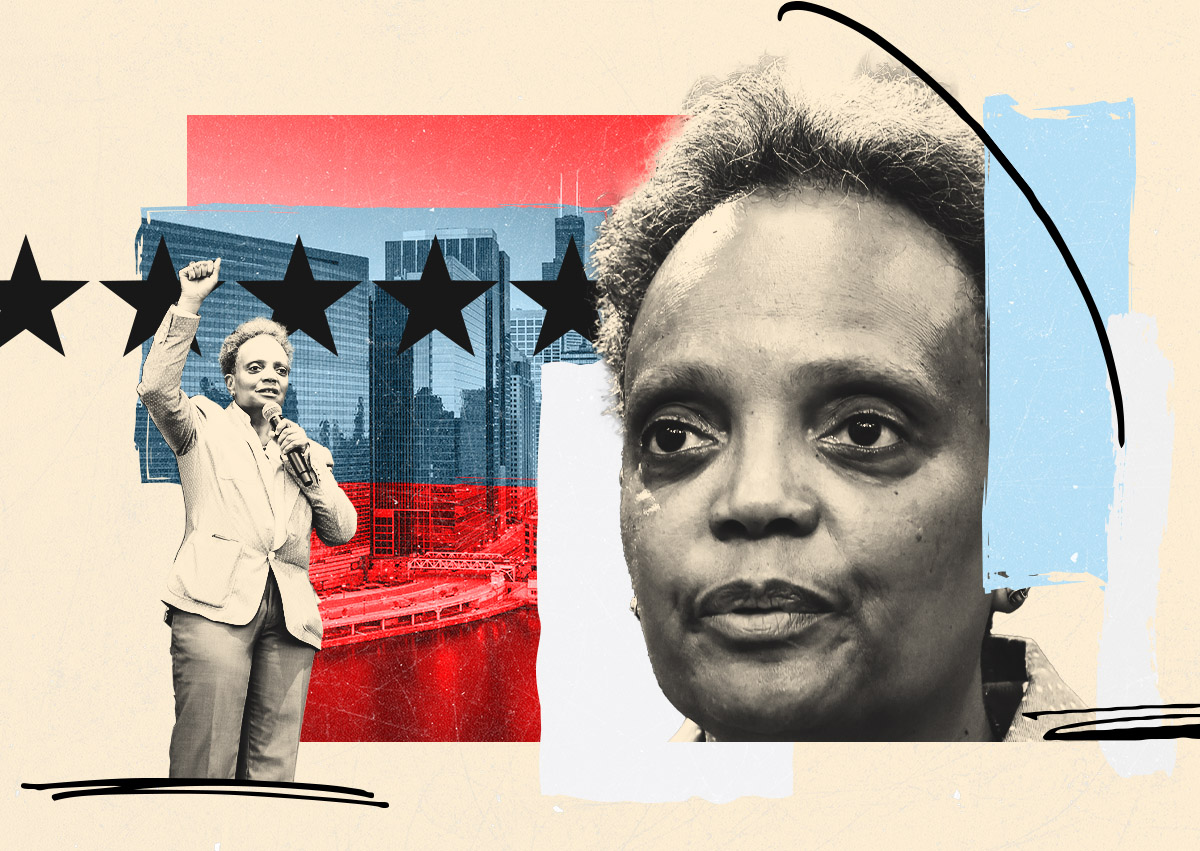Mayor Brandon Johnson and his staff are working to reshape the Invest South/West initiative that former Mayor Lori Lightfood touted as her signature economic development program when it was launched in 2019.
The Johnson administration is scrapping the program — meant to revitalize historically disinvested neighborhoods in Chicago — and will take a “very different path” to form a new initiative with a similar aim, Deputy Mayor of Business and Neighborhood Development Kenya Merritt told WBEZ.
“I think that there’s a perception of INVEST South/West, particularly with folks that live in neighborhoods, of an unfulfilled promise,” Merritt said to the radio station. “And that’s not what we want to continue to perpetuate in terms of the branding, or how we speak about investing on the South and the West side. “
The $750 million program was made to revamp commercial corridors in 10 targeted areas of Chicago, by using public funds to attract private investment and offering various incentives to developers whose bids were selected by the city. Lightfoot’s goal was to create “15-minute neighborhoods” where essential retail and public amenities are within walking distance for residents.
While Merritt did not provide specifics about the alternative approach, she emphasized the need for tangible results. Currently, there are 13 major developments planned in Invest South/West areas, with four in progress or about to commence in Auburn Gresham, Englewood and Humboldt Park. The fate of the remaining nine projects is under evaluation, although Merritt clarified that funding is not necessarily being withdrawn but rather reassessed for feasibility.
Critics have argued that the program was slow to produce visible results, with some citing complex tax credit deals and political cycles as challenges. Merritt hinted at potential changes in how the city funds development projects on the South and West sides, aiming for sustainability and social equity.
Merritt also stressed the importance of community engagement and communication in any future approach, acknowledging that investment takes time, especially in neighborhoods that have been neglected by developers for decades.
— Quinn Donoghue
Read more



